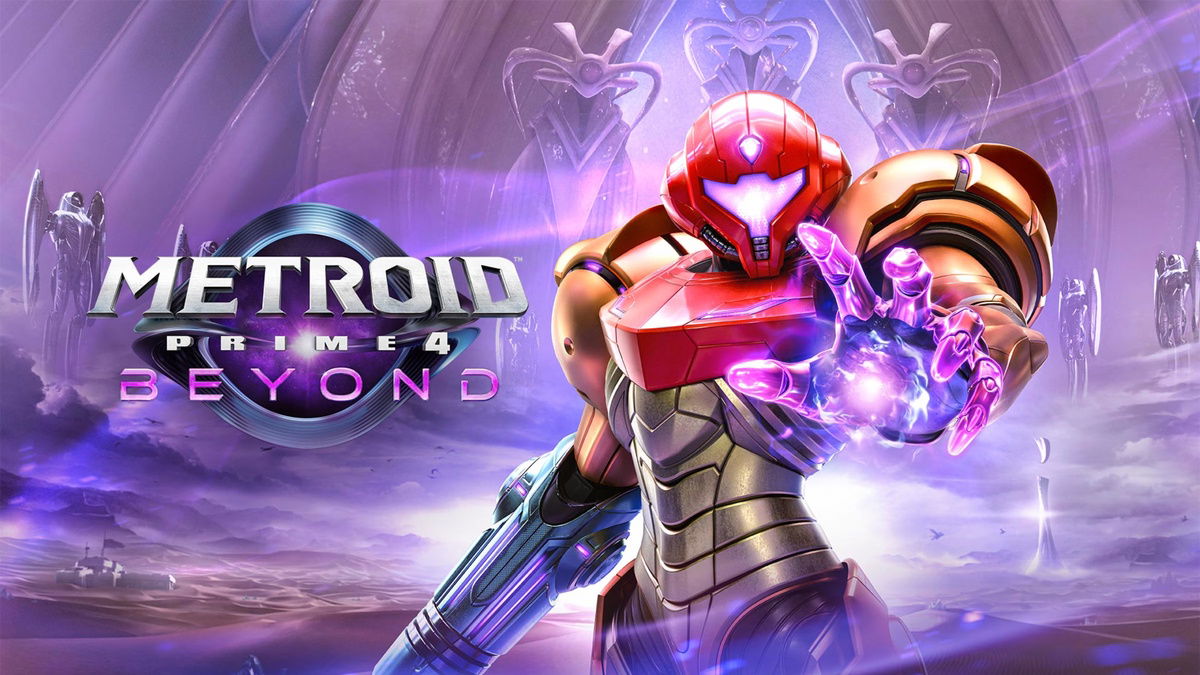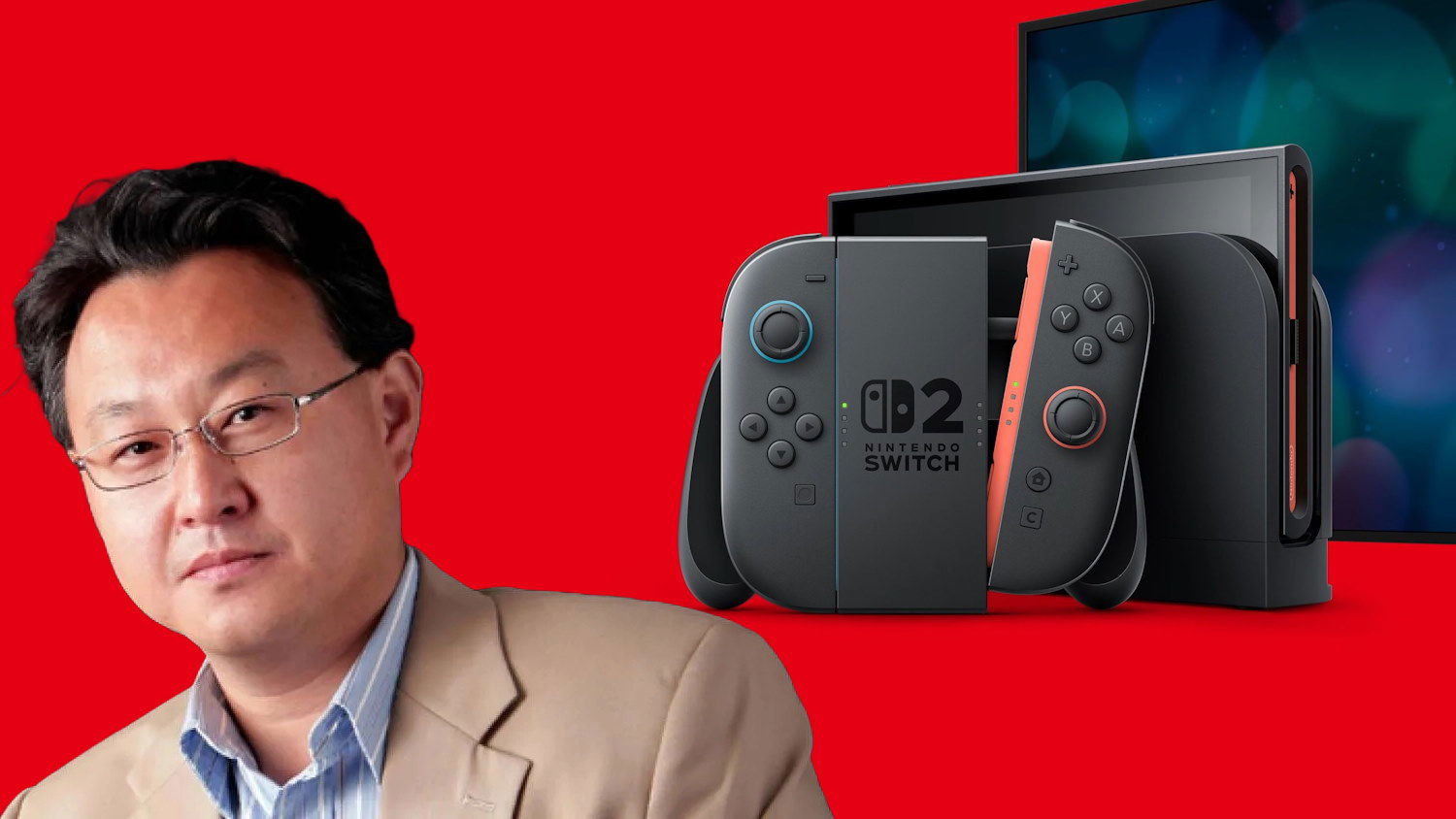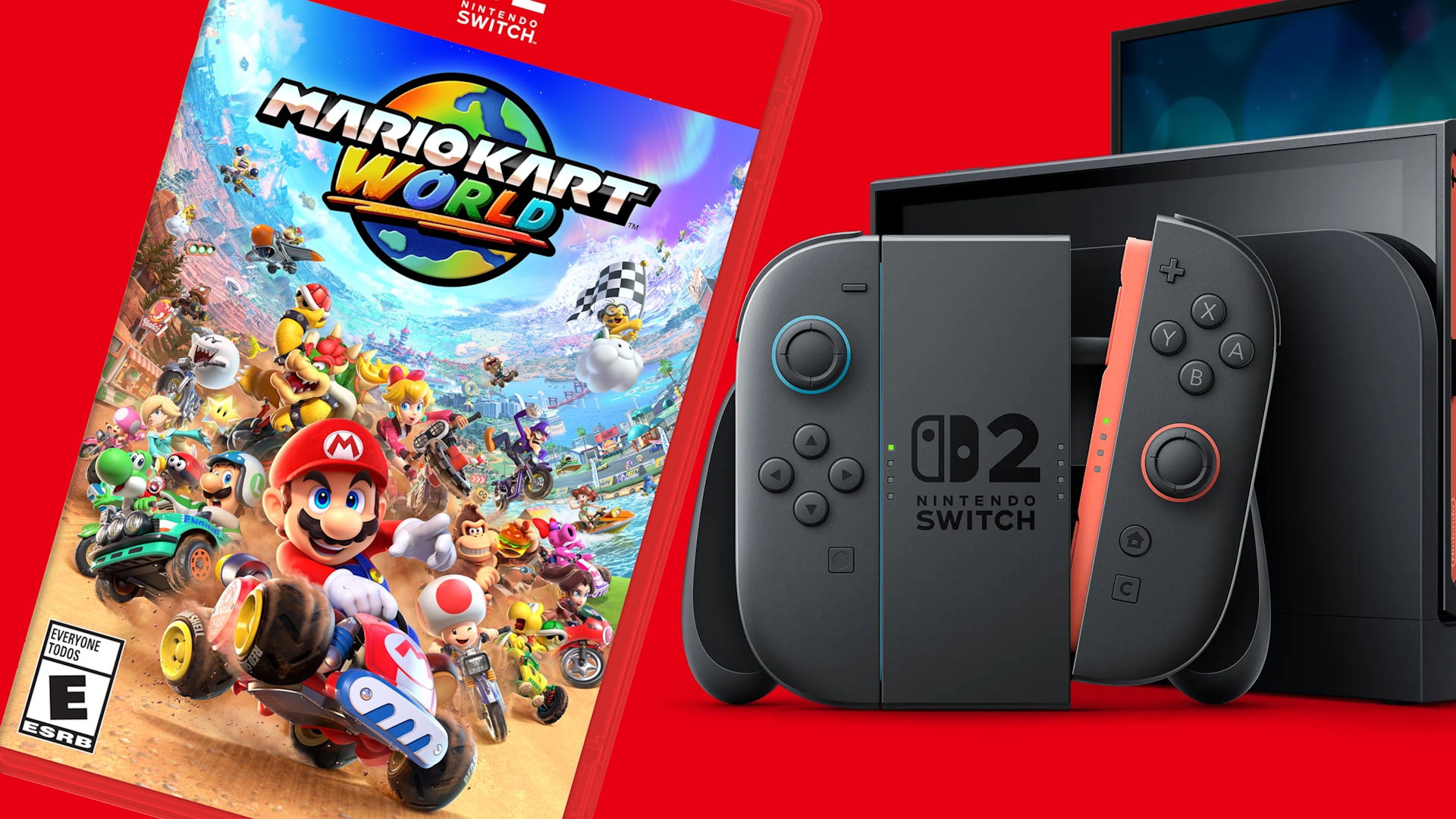There’s some buzz—and a little controversy—surrounding the Nintendo Switch 2 and comments made by former PlayStation executive Shuhei Yoshida. During an interview with Easy Allies, Shuhei shared his thoughts on the upcoming console, and let’s just say the gaming community has had mixed reactions.
Some are siding with him, while others are dusting off their Mario caps and readying fireballs to defend Nintendo. As for me? I have my qualms with Nintendo, much like I do with companies like Apple, but I’ll admit, I don’t agree with Shuhei this time.
So, what exactly did Shuhei Yoshida say?
Special guest Shuhei Yoshida gets real about the Switch 2 pic.twitter.com/CzZYPnTtue
— Easy Allies (@EasyAllies) April 14, 2025
His main critique is that the Nintendo Switch 2 lacks innovation. That’s a bold statement. But let’s be real—when it comes to gaming consoles, the era of groundbreaking hardware innovation feels like it’s nearing its twilight. Sure, we see incremental improvements like added power and better performance, but the kind of boundary-pushing we saw with the Wii’s motion controls or the Switch’s hybrid design? Those moments are rare. Still, I’d argue that Nintendo has delivered some fresh ideas with the Switch 2.
Consider this: outside of Nintendo, we haven’t seen much true innovation in gaming hardware for a while. There’s only so much you can do! The Switch 2, on the other hand, seems to give fans exactly what they’ve been asking for—a larger screen, hybrid functionality that works both docked and on-the-go, and more power under the hood (fingers crossed for 1080p at 60FPS, maybe even 4K). Isn’t delivering what fans want a success in its own right?

Let’s not overlook the unique features the Switch 2 brings to the table. A Discord-like game chat feature—no other consoles are doing that. The ability to use Joy-Cons like a mouse or the innovative game-sharing feature that lets players with a single copy of a game share it across other Switch 2 devices. Aren’t these innovations? Sony and Microsoft certainly aren’t offering anything similar.
Shuhei’s other issue seems to be with third-party games making their way to the Switch 2. He seemed to suggest that these ports somehow undermine the console’s value.
But for us, the ‘core’ gamers who own multiple hardware and play games on PlayStation, Xbox, PC, the games they showed off, especially from third parties – in theory, it’s amazing to have all these all-stars of industry games on Nintendo hardware – however, what they showed was like… ‘ooh’
Honestly, I think he’s missing the point. Not everyone has the luxury of owning a PlayStation, an Xbox, and a gaming PC. For many players, the Switch is their primary—or even their only—console. For those gamers, having access to major third-party games on this platform is a win. It’s a step toward broader accessibility, which is something gaming should always strive for. Given how poorly the Switch ran most third-party games in the past, this improvement feels like a big plus.
I don’t purchase Nintendo consoles to play third-party games—I haven’t since the Super Nintendo era (what a great time for gaming that was). For me, the appeal of Nintendo lies in its exclusives, the games you can only experience on their hardware, like The Legend of Zelda, Mario Kart, or Metroid. I barely play my Switch, but when I do, it’s because of titles that are quintessentially Nintendo, just like I turn to my PlayStation 5 for Bloodborne, Demon’s Souls, or Stellar Blade. It’s the nature of gaming today; with third-party games widely available across platforms, exclusives are what make a console stand out.
Outside of exclusives, I primarily game on PC—it’s flexible and powerful enough to handle every third-party title. But I know I’m not alone in this preference. Many gamers gravitate toward specific platforms because of exclusives while relying on PCs or other systems for everything else.
Frankly, for someone so respected and tapped into the industry, Shuhei’s comments feel out of touch. It’s ironic, considering that PlayStation has often leaned on iterative improvements rather than groundbreaking innovation in its own consoles. Criticizing Nintendo, a company known for its originality, feels more like an agenda than fair commentary.
In the end, the Switch 2 may not redefine gaming as we know it, but it succeeds in delivering a solid, versatile console that its fans will love. And isn’t that what really matters?



